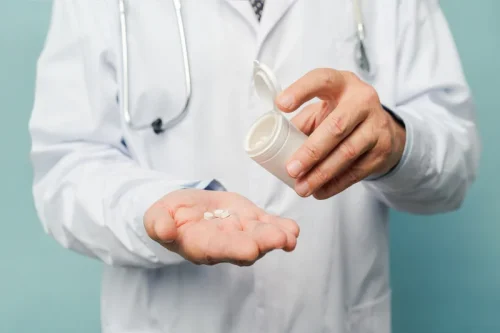
Breathalyzer tests measure the amount of alcohol vapor in your breath. Alcohol can be detected in breath for up to 24 hours after consumption. Zainab is a skilled member of the ChoicePoint team of medical content writers. With 4 years of relevant experience, she is passionate about conveying accurate and up-to-date information through her writing. Her area of expertise includes writing on addiction challenges, providing guidance on treatment procedures, and addressing co-occurring mental issues.
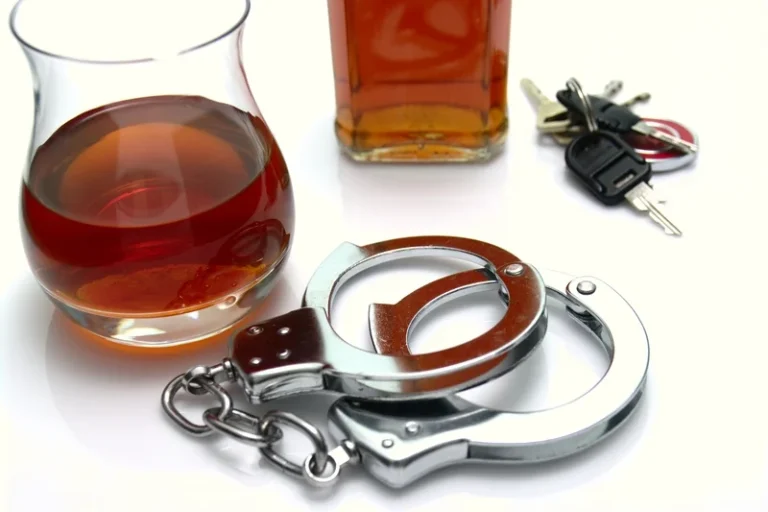
What Is Flushing Alcohol from Your System?
- Upon determining the average alcohol concentration in the body, there was no difference between men and women.
- I mentioned earlier some of the factors that determine how quickly your body processes alcohol.
- The goal was to determine whether a specific meal had a greater impact on alcohol removal.
- So, there’s a pretty good chance you won’t realize how drunk you are (or that it’s time to stop drinking 🛑).
- Also, consider incorporating foods rich in zinc, potassium, and iron.
No specific foods, drinks, or supplements speed up the metabolism or elimination of alcohol in the body. How quickly your body metabolizes alcohol depends on your weight, gender, and overall health, but on average, the liver can only process one standard drink per hour. Alcohol metabolism involves the liver breaking down alcohol into byproducts that can be eliminated from the body.
Can a Hot Bath or Sauna Help Eliminate Alcohol From Your System?
Since the alcohol remains in the stomach longer, your body can begin to break it down, so less of it reaches your small intestine. This helps dilute and mitigate some of the effects of alcohol, so you may not feel as intoxicated. Continuing to snack during and after drinking can also help minimize alcohol’s effects. It’s important to note that the body can only metabolize a certain amount of alcohol per hour.
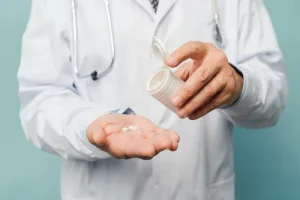
Standard Drink
- As your BAC level increases, so does the severity of your symptoms.
- It is crucial to consume alcohol responsibly and be aware of one’s personal limits.
- Younger individuals and those with better liver function can typically process alcohol faster, whereas older adults or those with liver issues may experience slower metabolism.
While there’s no instant cure for alcohol in your system, combining immediate actions with long-term lifestyle changes can significantly impact how quickly you recover. Embracing mindful drinking can also transform your relationship with alcohol, leading to healthier habits. If you’re more of a moderate to occasional drinker, you may find the hardest part of stopping drinking to be the social pressures. If you believe your post-alcohol discomfort is related to withdrawal, you should seek professional help from an alcohol detox program. Experiencing withdrawal when you stop drinking indicates a dependence on alcohol, and it may be difficult to how to get vodka out of your system quit drinking on your own. It can also be dangerous to quit cold turkey once you have developed an alcohol use disorder (AUD).
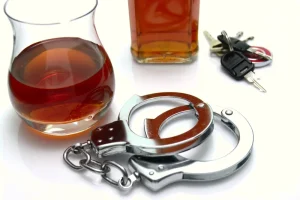
Supporting Alcohol Detoxification and Healthy Habits After Drinking
By following these healthy habits, you can support your body’s detoxification process and promote a faster recovery after consuming alcohol. It is important to consume alcohol responsibly, in moderation, and be mindful of your overall well-being. Hydration can help flush out toxins and reduce the impact of alcohol on your body.
These organs play major roles in alcohol metabolism, so any impairment will affect how efficiently they can help alcohol pass through your system. At this point, your liver begins to process the alcohol in your system. This organ plays the most significant role in alcohol metabolism, processing approximately 90% of the alcohol consumed. Your kidneys, lungs, and skin process the remaining 10%, which is expelled through your urine, breath, and pores. If you would like support to help you cut back on or quit drinking, try virtual alcohol rehab at Confidant Health.
- Once the body turns alcohol into acetaldehyde, it converts this toxin into acetic acid, which is relatively harmless.
- That is why you may notice that alcohol affects you differently than it did in your twenties.
- If this happens too often, damage to the body’s brain and tissues can develop.
So, tests can vary in sensitivity, but all of them rely on your body having ethanol or ethyl alcohol in the system. Your body breaks this down at a rate of about 1 serving of alcohol per hour – but the traces will stay in your system for much longer. For most people, the term “flushing” alcohol is synonymous with a quick detox. Although people try, it’s difficult to speed up the metabolism of alcohol in the body. If you’re consuming large quantities of alcohol or can’t seem to stop drinking once you start, your health is at risk. What may begin with a few drinks with friends on the weekend or after work can soon escalate to a what is alcoholism dependence on alcohol.
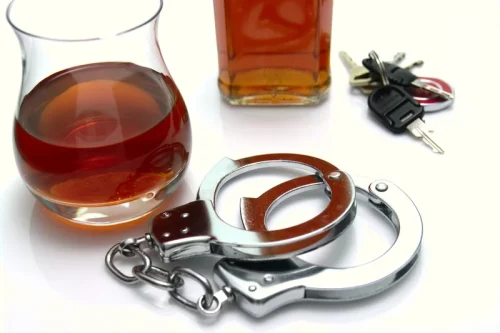
Genetics, alcohol tolerance, and the amount of alcohol consumed all affect the time it takes for alcohol to be processed in the body. When consumed, the body processes and excretes alcohol from the system. The majority of ethanol goes through the liver to be broken down by alcohol dehydrogenase, an enzyme that works to change ethanol into acetaldehyde, a toxic compound and carcinogen. The Centers for Disease Control and Prevention (CDC) recommends that adults get at least seven hours of sleep per night. However, it’s crucial to listen to your body post-drinking session; intense workouts might not be advisable if you’re feeling unwell or dehydrated.

Both the short-term and long-term effects of drinking too much are likely enough to make you want to get your habits in check and get a better handle on what your limits are or should be. Here, a physician breaks down the alcohol metabolism process and how booze can be detected in your body. Too many alcoholic drinks doesn’t just contribute to not-fun next-day effects like a raging hangover. It’s also tied to mental health conditions like depression and anxiety. Drinking water cannot sober you up, but it can prevent you from drinking too much too fast.
- You’ll experience further loss of memory, balance, and coordination.
- Fat holds less water than muscle does, and so it absorbs less alcohol from the blood.
- After you’ve drained your glass, your body immediately works to get rid of it.
- The remaining alcohol can take up to five half-lives (i.e. 20–25 hours) to be cleared completely.
- An electrolyte drink will help your body hold the fluids and rehydrate faster.
- The best way to determine sensitivity is through an elimination diet, where gluten is completely removed and then reintroduced to observe any reactions.
How Long Does Alcohol Stay in Your Body?
“Sweating out” alcohol is one of the biggest myths surrounding how to get alcohol out of your system. The liver is responsible for breaking down alcohol, and it does so at a relatively steady rate, which is on average one drink per hour. Alcohol causes dehydration, which is why you get a hangover the next day after a night of drinking.
